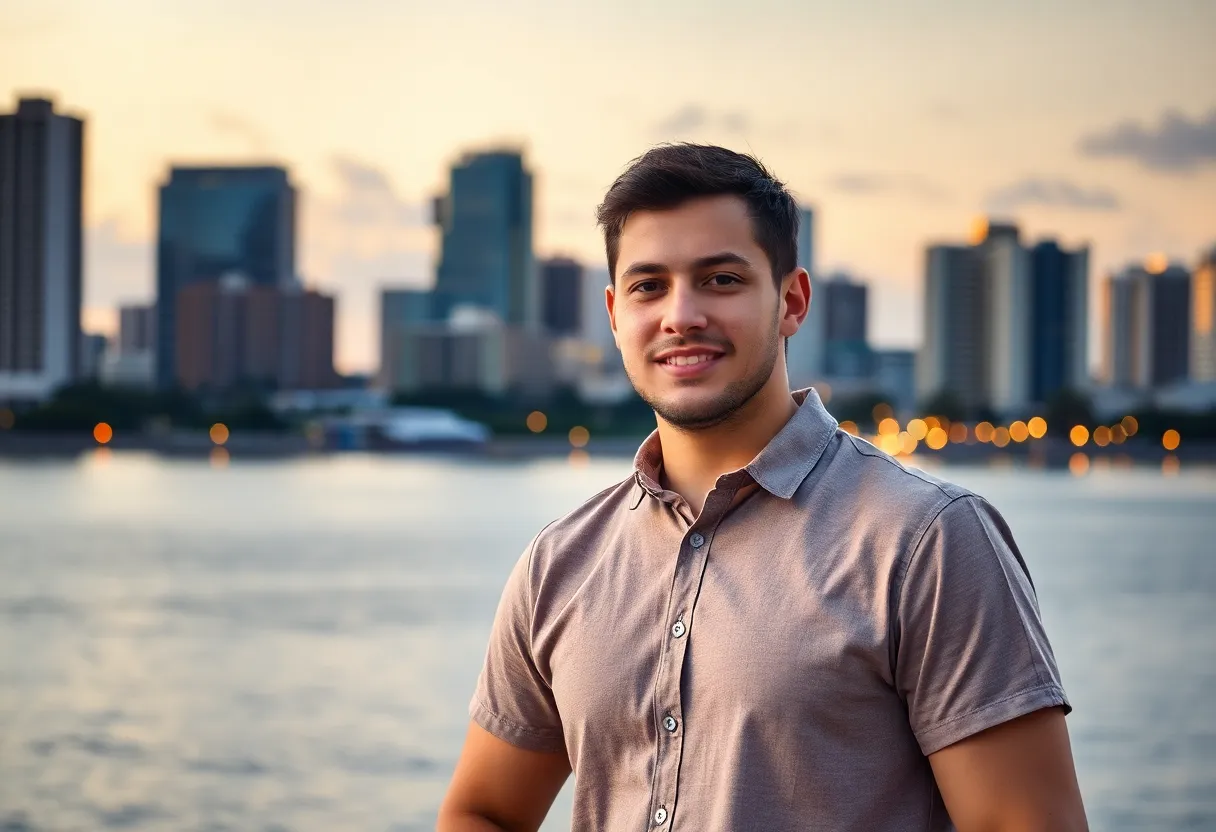Orlando’s Resilient Response to Mesothelioma
Orlando, Florida, is a city known for its sunny skies and vibrant culture. Yet, beneath the surface of this paradise lies a growing concern that many families face: the daunting challenge of mesothelioma. This rare but aggressive form of cancer, primarily caused by asbestos exposure, claims the lives of over 3,000 Americans each year. It’s not just a statistic; it’s a heartbreaking reality for families, a truth that many residents are now confronting head-on.
Understanding Mesothelioma
Mesothelioma is a particularly insidious disease. It manifests many years after exposure to asbestos, a mineral once commonly used in construction and insulation. Symptoms can be subtle at first, often mistaken for other conditions, which is one reason so many diagnoses come at an advanced stage. By the time patients notice chest pain, persistent cough, or shortness of breath, the disease can be significantly progressed, making treatment all the more challenging.
A Personal Story of Resilience
One local university student, Thomas J. Coyne, shares a poignant story that sheds light on this grim affliction. Thomas has always looked up to his grandfather, a Vietnam veteran who discovered he had pleural mesothelioma in late 2008 after a routine chest X-ray. His diagnosis, made after various tests revealed malignant cells, was a life-altering moment for Thomas and his family.
“It was hard to believe. The doctor’s words felt like a death sentence,” Thomas recalls. “But even in those darkest times, my Pop showed unbelievable strength. His fight became our fight.” In a testament to his spirit, Thomas recounts how his grandfather embarked on a whirlwind of travel to some of the world’s most iconic destinations after his diagnosis. “He wanted to experience life fully and show my grandmother the world before it was too late,” Thomas said. “And that year we had together became a deeply cherished gift.”
From Diagnosis to Action
During the months that followed the diagnosis, Thomas’ grandfather was determined not to succumb quietly to the disease. He sought to learn all he could about mesothelioma treatments, connecting with fellow veterans and exploring alternative therapies that might extend his life while maintaining his dignity.
A fellow veteran he met during his travels became a source of inspiration, sharing that there are many avenues for treatment beyond traditional chemotherapy or radiation. “The idea is to hold on long enough for medical advancements to catch up,” Thomas shared, reflecting on his Pop’s resolve. With this newfound hope, Thomas’ grandfather researched innovative therapies and even pursued holistic approaches.
Life Beyond the Diagnosis
Even with the grim statistics surrounding mesothelioma, Thomas learned firsthand that hope could extend life. His grandfather outlived initial expectations, living for 13 months following his diagnosis instead of the mere eight months predicted. Throughout this time, he maintained an active life, celebrated new family milestones, and even witnessed the birth of another grandchild. “He taught all of us the true meaning of fighting for life,” Thomas said. “Pop showed us that even in the face of death, we can choose to live fully.”
Raising Awareness
Thomas’ journey inspired him to become an advocate for awareness about mesothelioma and the dangers of asbestos exposure. He believes that it’s crucial for individuals to understand the risks associated with asbestos and the importance of early detection and treatment options. “Sharing my grandfather’s story is just one way I can contribute to the fight against this disease,” Thomas explained.
As he prepares to graduate with a business degree and pursue sports management, he remains committed to honoring his grandfather’s legacy. With every step, Thomas hopes to inspire others to take charge of their health, seek information, and understand the available resources.
The Way Forward
Orlando is stepping up to combat the challenges posed by mesothelioma through awareness, support, and research. As more families become affected, the call for resilience and community support grows stronger. Thomas reminds us all that even in the face of a difficult diagnosis, “There is always hope. Living fully and intentionally can change our lives and perhaps even extend them.”



















